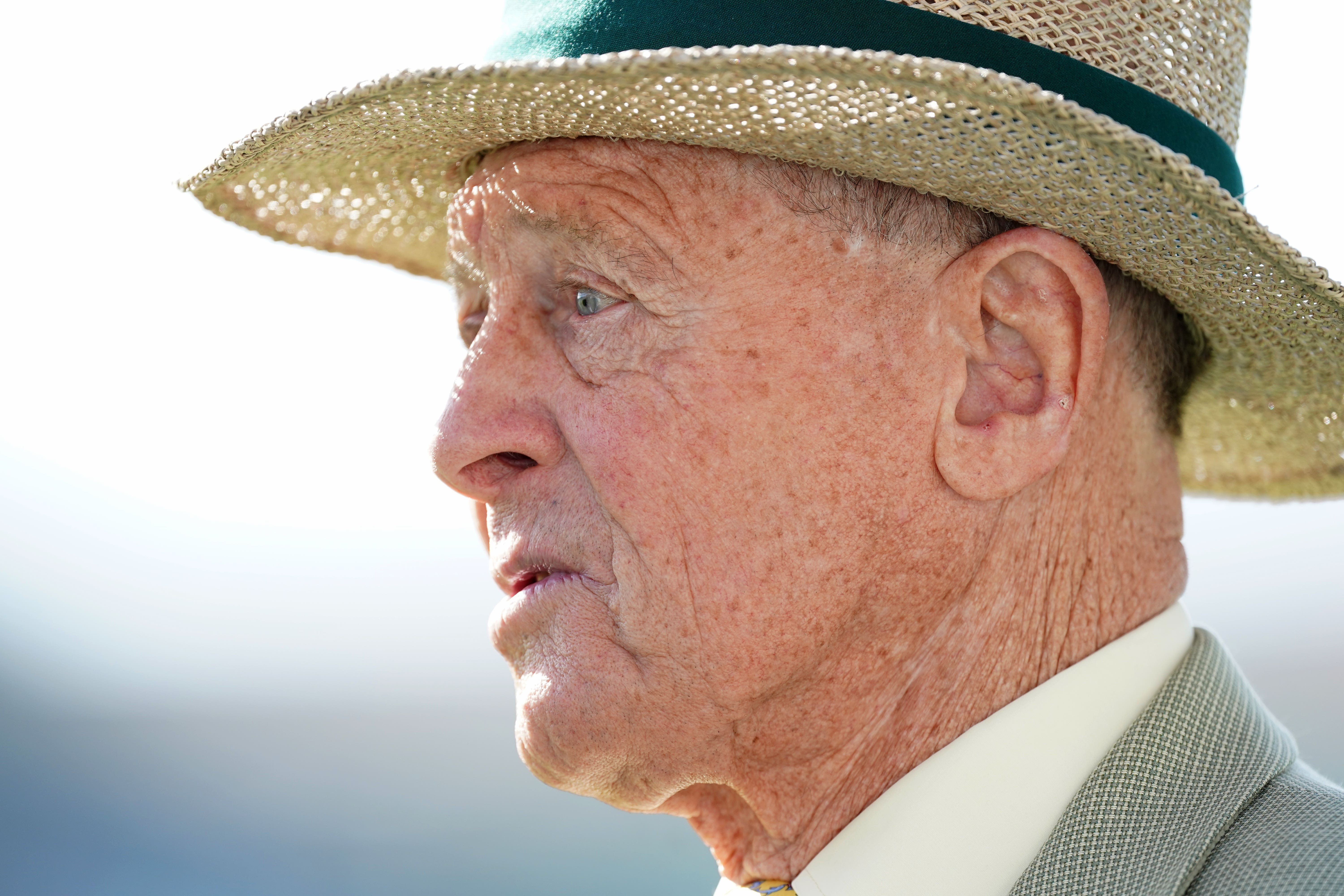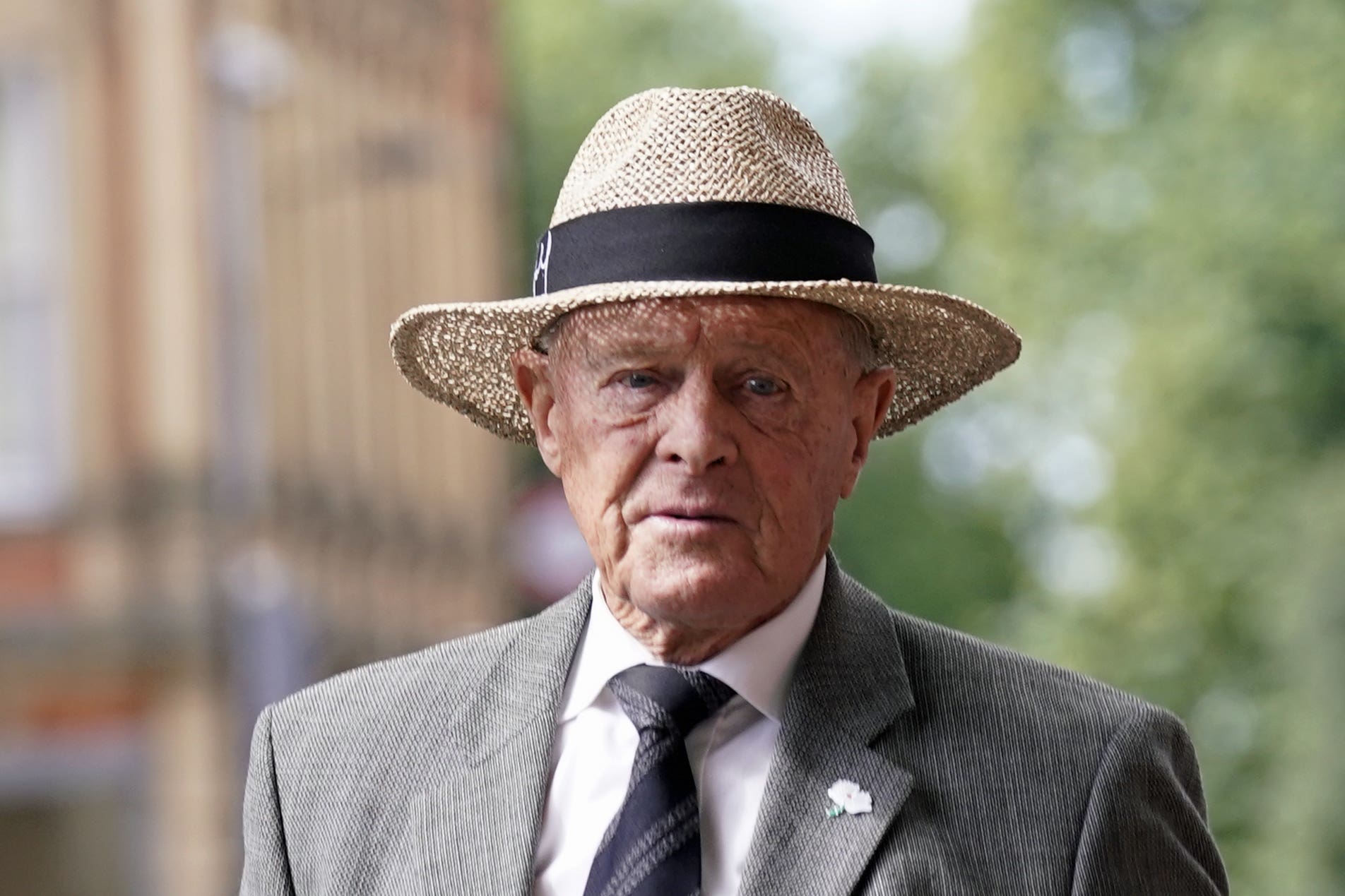Sir Geoffrey Boycott unable to eat or drink with pneumonia after cancer operation
Sir Geoffrey developed pneumonia after undergoing an operation to remove a cancerous tumour from his throat

Your support helps us to tell the story
From reproductive rights to climate change to Big Tech, The Independent is on the ground when the story is developing. Whether it's investigating the financials of Elon Musk's pro-Trump PAC or producing our latest documentary, 'The A Word', which shines a light on the American women fighting for reproductive rights, we know how important it is to parse out the facts from the messaging.
At such a critical moment in US history, we need reporters on the ground. Your donation allows us to keep sending journalists to speak to both sides of the story.
The Independent is trusted by Americans across the entire political spectrum. And unlike many other quality news outlets, we choose not to lock Americans out of our reporting and analysis with paywalls. We believe quality journalism should be available to everyone, paid for by those who can afford it.
Your support makes all the difference.Sir Geoffrey Boycott has been left unable to eat or drink since developing pneumonia just days after undergoing a cancer operation.
The cricket legend, 83, was readmitted to hospital on Sunday after developing the illness following a successful operation to remove a tumour from his throat five days earlier.
Following the three-hour operation, the surgeon reported it “went well” and he was discharged on Friday with “lots of pain meds”, his daughter Emma Boycott said.
But in in a brief statement released on Sunday, his family said: “Thank you all for the well wishes, we’ve been blown away by the sheer number of them.
“Unfortunately, things have taken a turn for the worse and my father has developed pneumonia and is unable to eat or drink so is back in hospital on oxygen and a feeding tube for the foreseeable.”

Sir Geoffrey revealed earlier in July he had received a second cancer diagnosis after he underwent extensive chemotherapy 22 years ago.
He also had quadruple heart bypass surgery in 2018, which he said was a factor in his decision to step away from commentating, as well as the coronavirus pandemic.
The former Yorkshire and England batter scored 8,114 runs in 108 Tests for his country, including 22 centuries, at an average of 47.72 and amassed 48,426 first-class runs in total across two decades.
When his international career ended he was the leading Test run scorer and was awarded an Order of the British Empire (OBE) for services to cricket.
He spent decades working on the BBC’s Test Match Special after retiring as a player in 1986 before stepping down from his pundit role in 2020.
Join our commenting forum
Join thought-provoking conversations, follow other Independent readers and see their replies
Comments